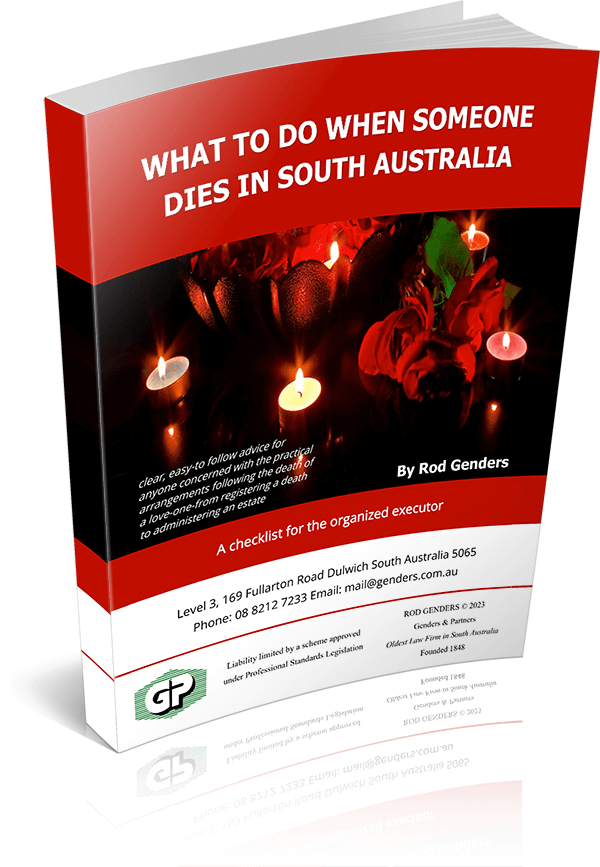
Updated: 26 January 2024
One of the duties of an executor in administering an estate is to satisfy any outstanding debts owed by the deceased upon their death.
An executor who is aware of an outstanding claim by a creditor, or a possible claim against the estate, but nevertheless distributes the estate, may be personally liable to the creditor.
Although there is no requirement in South Australia to advertise for creditors, it is generally advisable to do so in order to enjoy the protection afforded to estate executors and trustees by s. 29 of the Trustee Act 1929 (SA).
Section 29 provides that upon the expiration of due notice to creditors, the estate trustee may proceed to distribute the estate assets, and will not be held personally liable should there be later notice of a claim following such distribution.
The notice does not extinguish the debt, but removes the personal liability of the estate trustee.
The Trustee Act does not specify the manner in which notice should be made, nor the length of time that should pass before the notice expires.
One commonly accepted method is to advertise in the local newspaper in the location where the deceased lived, after which the estate trustee will generally wait at least 30 days before taking steps to distribute the estate.
For further information, you might like to read our article https://www.genders.com.au/what-to-do-when-someone-dies-with-debts/
Estate administration can get complicated quickly and hiring a professional can save time, stress, cost and risk-exposure both to the estate and the Executor. A lawyer specialising in Probate and the administration of deceased estates should be appointed to assist the Executor.
Genders and Partners is the oldest law firm in South Australia, established 1848. Contact us to learn how to protect yourself, your family and your assets by assisting you to administer a deceased estate, by visiting our website today and schedule a free no obligation telephone consultation to find out how we can help you and yours.
Remember – any mistakes you make in administering a deceased estate won’t become apparent until after it’s too late for you to fix them. Get proper advice, and do it right.
FREE REPORT “What To Do When Someone Dies In South Australia”

Enjoy this article?
Check out the full report containing What To Do When Someone Dies In South Australia from senior Australian lawyer Rod Genders.







